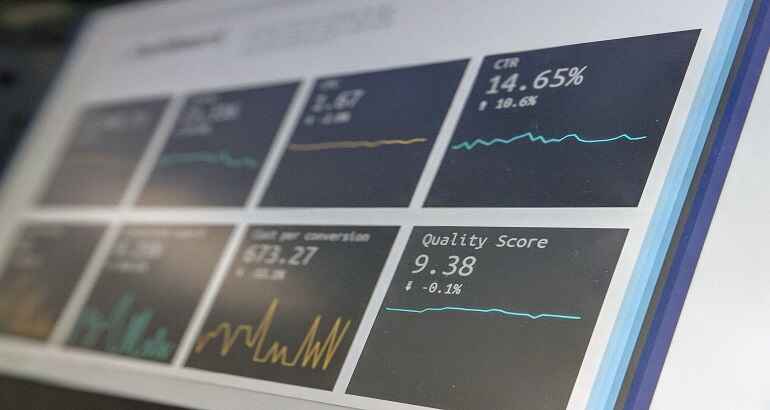The term due diligence may sound like a new concept but this term has been in use since the mid-fifteenth century. Due Diligence can be explained as taking steps in order to avoid any mistake or offence. In the business scenario due diligence plays a very important role, especially has taken an essential role in acquiring a company or starting a business. The legal meaning of the term is “taking reasonable care to avoid a loss to any person or their property”. Therefore in layman language, the meaning of the same is ‘to take care. Due diligence plays an important part in calculating the status of a business or company by analysing the working of the same. It is one of the most important processes to determine whether the company is in a profitable business or not.
Due diligence has different types and benefits of applying the same in different fields. In this blog, we will be informing you about due diligence; its benefits and how it affects the working of a company. As it is imperative, people are generally advised to perform due diligence before buying a shop, acquiring a business or even before buying a house.
Due Diligence: Definition
The basic meaning of due diligence is that it is a process of investigation into the assets, liabilities, profits and losses of a company or business or any other entity it is looking to buy. Any person with knowledge of doing business will perform due diligence before the final transaction is done in order to verify the worth of the business being taken over. Due diligence is a concept based on ‘Caveat Emptor’ which means ‘buyer beware. It is a process to ensure that the buyer doesn’t buy or acquire any business without realizing all the important factors affecting the particular business.
When due diligence is performed, the key factors to be looked for in a company are its profits, financial risk, any legal issues and any other deal-breakers etc. of the business. A person authorized or hired for the same goes through the history of transactions and profitability of a company.
Due diligence usually means scrutinizing the annual reports, SEC filings and looking at all the information about the securities of a company. The aim of due diligence is to examine the relevant facts about the company or business before buying it, in order to avoid losses and to understand the scope of profitability in the same business. It does not only include examining the annual reports, but an auditor also has the power to go and talk to the employees to find out if the company is in a good state or not.
Types of Due Diligence
There are many kinds of due diligence, and they have been discussed below.
- FINANCIAL DUE DILIGENCE
It is also known as accounting due diligence as it looks into the economic and financial situation of the company. While performing financial due diligence, a person looks at the consistency among the assets and liabilities and also in the accounts.
- LEGAL DUE DILIGENCE
This due diligence is all about studying the legal contracts of a company to understand if there is any hidden loophole or lawsuit against the company.
- OPERATIONAL DUE DILIGENCE
As the name suggests, it means examining the operations of the company, including the competition, business model, and how it works in the market.
- PRODUCT DUE DILIGENCE
This informs a person about the product with which the company is dealing. It includes the sale of the product, how profitable is the sale, how is that product made etc.
- HUMAN CAPITAL DUE DILIGENCE
It involves interacting with the employees, staff and other people in the company to understand the working and the status of the company. This gives the buyer a clearer idea of how stable the company is and also about the work environment.





